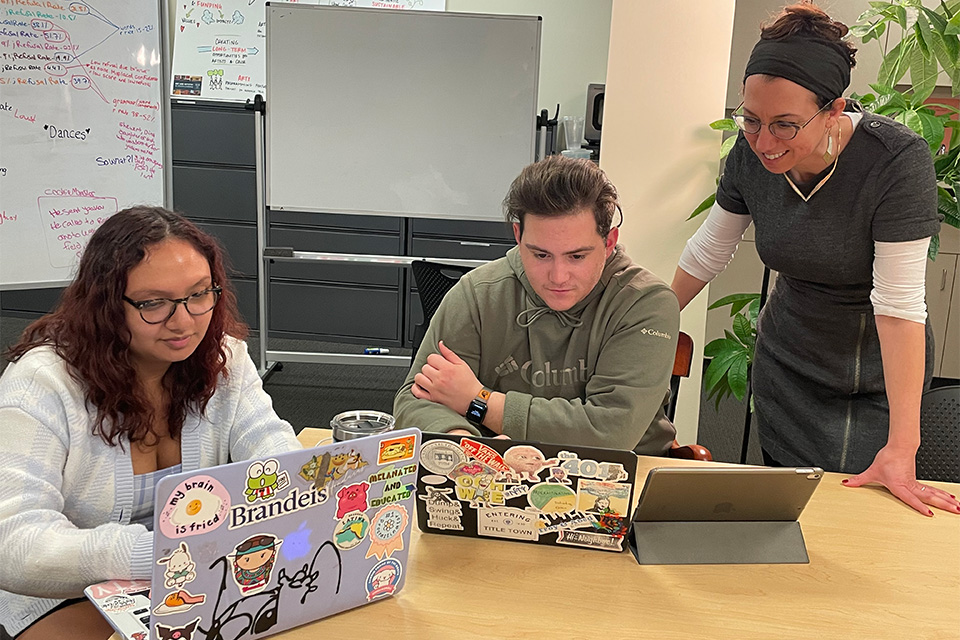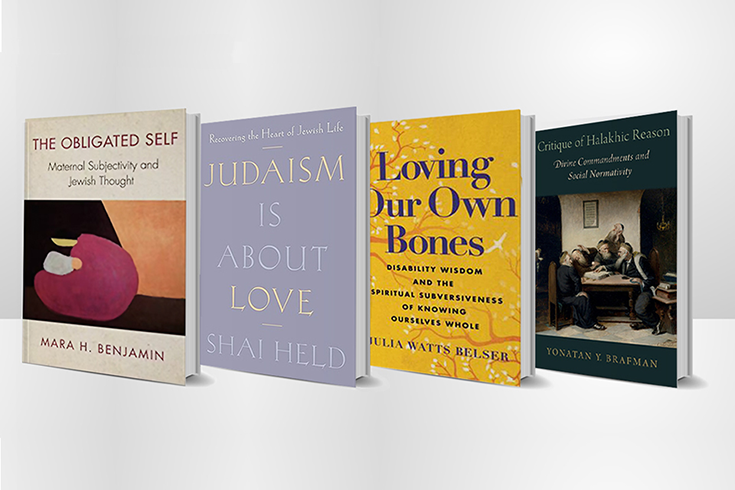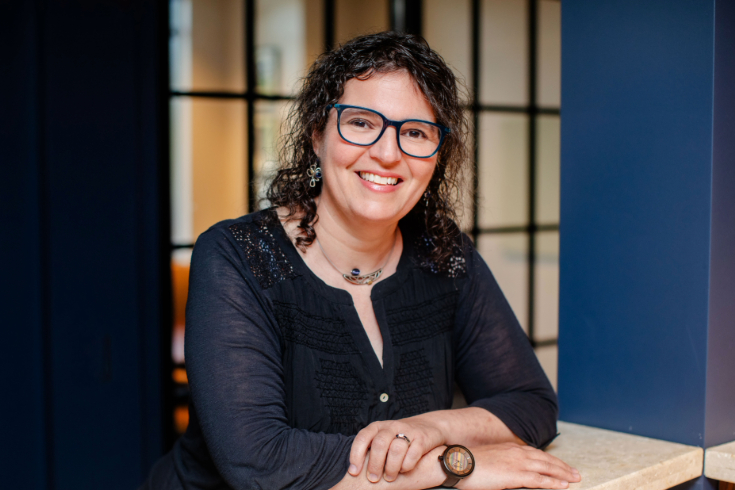
Programs
MCSJE has developed programs that engage and inspire established and emerging researchers and practitioners with the goal of driving impact in the field of Jewish education scholarship.
The Mandel Center for Studies in Jewish Education (MCSJE) is dedicated to advancing the field of Jewish educational scholarship through expansive research on teaching and learning and by convening and catalyzing other scholars and practitioners in the field through important programs, events and conferences.

May 1, 1 PM - 2:15 PM
Spotlight Session | In this session, we gather four leading scholars, each of whom has recently produced an important work of Jewish theology, to talk together about the implications of their ideas for Jewish education. What would it look like if we took these ideas seriously? What assumptions might we revisit about what we teach, how we teach, or other important educational questions? Panelists include Julia Watts Belser (Georgetown University), Mara Benjamin (Mount Holyoke College), Yonatan Brafman (Tufts University), Shai Held (Hadar Institute) with Jon Levisohn (Brandeis University).

March 20, 1 PM - 1:30 PM
Learning About Learning | Traditionally-Jewish fraternities and sororities are not often considered sites of Jewish community. In this session, Jenny L. Small will discussed findings from interviews with fraternity and sorority life (FSL) educators, revealing their perspectives that students in these organizations bear distinctly gendered burdens around Jewish heritage and continuity. The educators in this study lacked a strong understanding of Jewish identity and how students express those identities through FSL; however, effectively supporting these organizations can help them function as sites of belonging for Jewish college students during turbulent times on campus.

February 27
Learning About Learning | The field of Jewish education has now been split into two sub-fields, referred to as “formal” or “informal” (or “experiential”) education. But this division is artificial and proving profoundly limiting, distorting, and even harmful. What might be the ultimate potential of the field were we able to employ a balanced and integrated use of the full range of educational competencies, across all settings? In this session, Tali Zelkowicz shares recent work, in which she applies both/and thinking to surface a more expansive and integrative vision of Jewish learning that can empower and endure.

January 23
Learning About Learning | In her article, "When a Yarmulke Stands for All Jews: Navigating Shifting Signs from Synagogue to School in Luxembourg," Anastasia Badder asks: How do congregational school students experience moments in which they were confronted with Jewishness outside of the classroom, in their secular schools and public spaces? And taking a material approach, how does the presence (and absence) of yarmulkes influence those experiences? In this session, she discussed findings from fieldwork she conducted as an ethnographer and teacher in a Jewish congregational school researching the ways children learn about and how to do Jewishness.